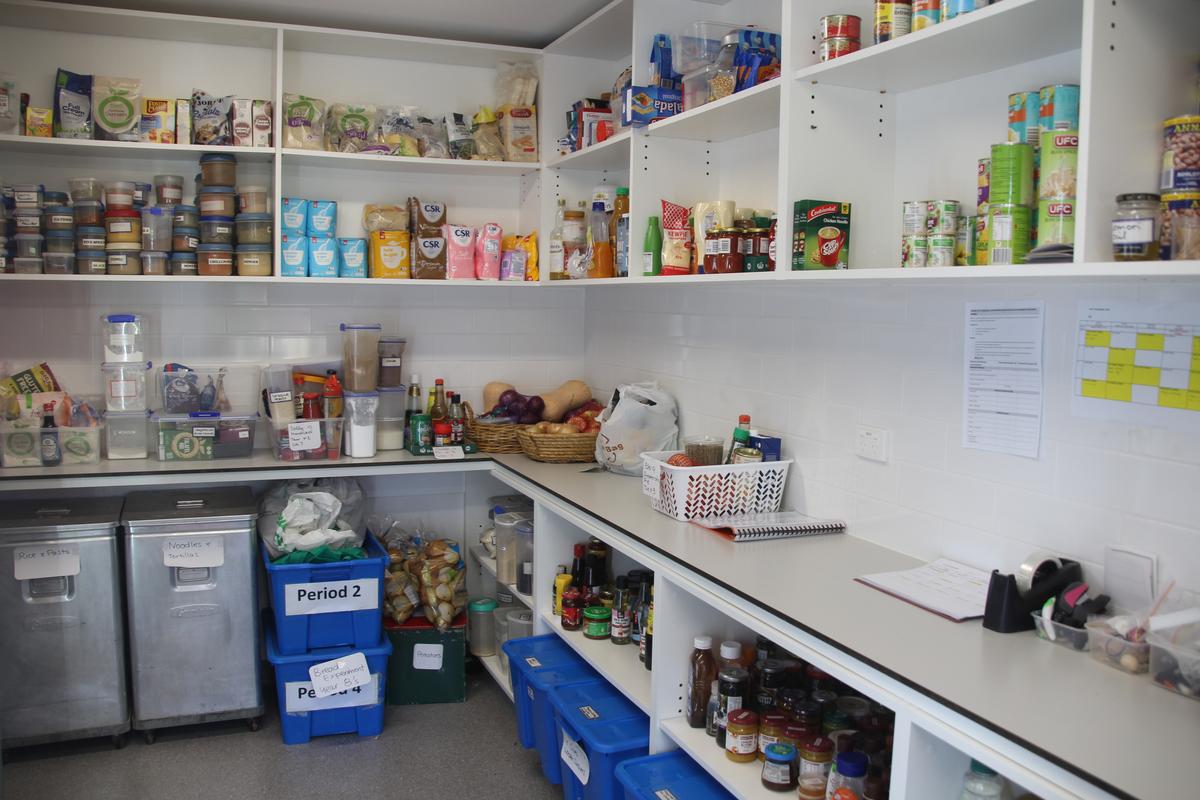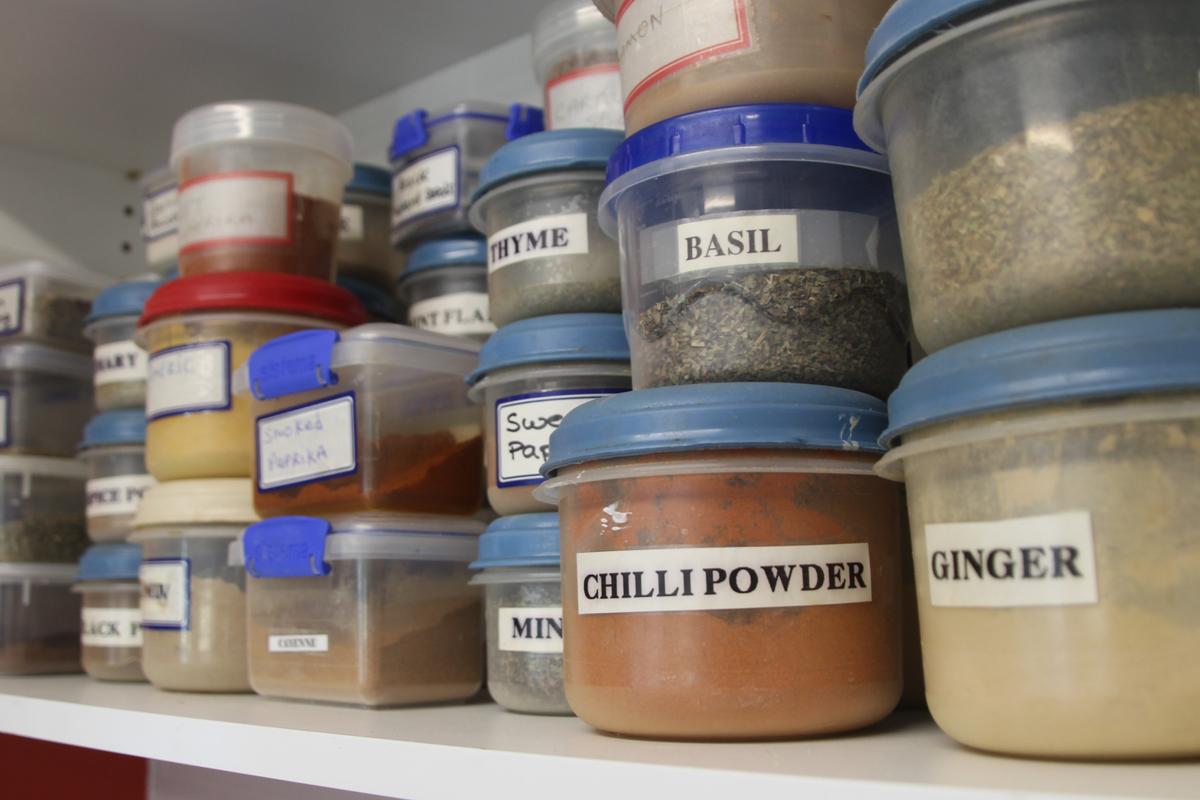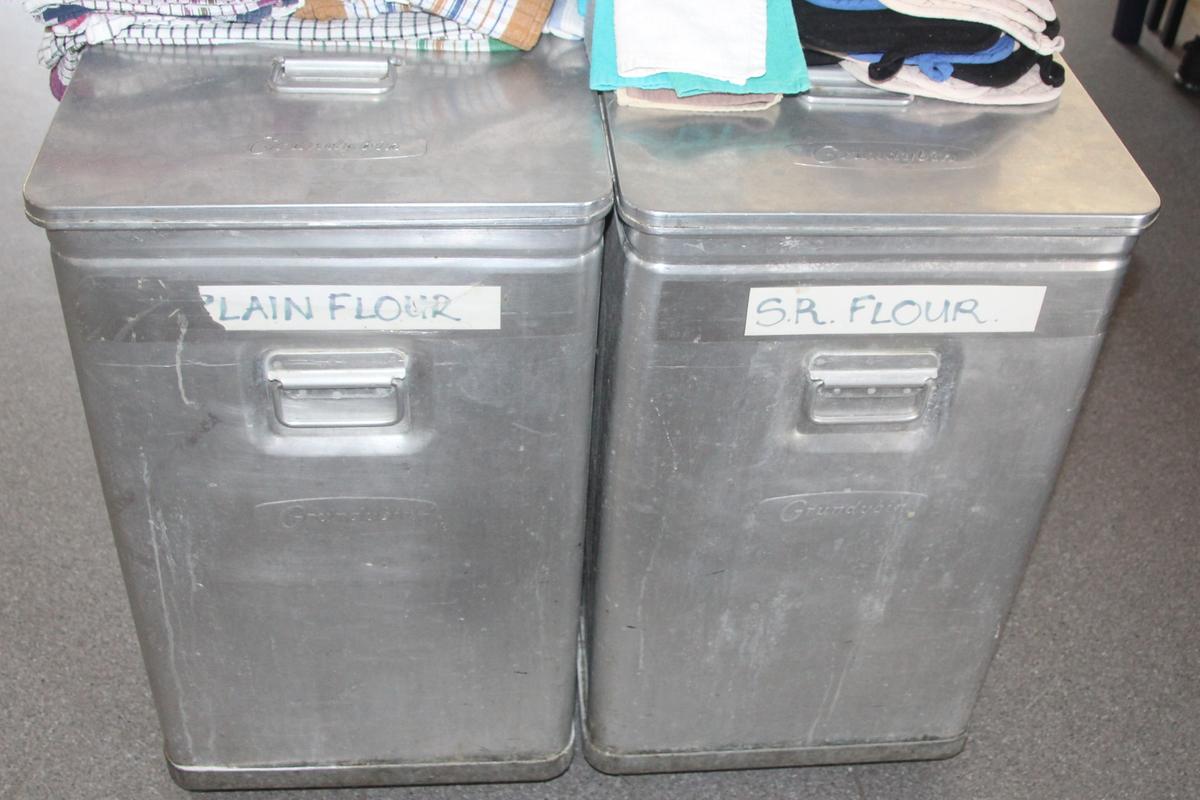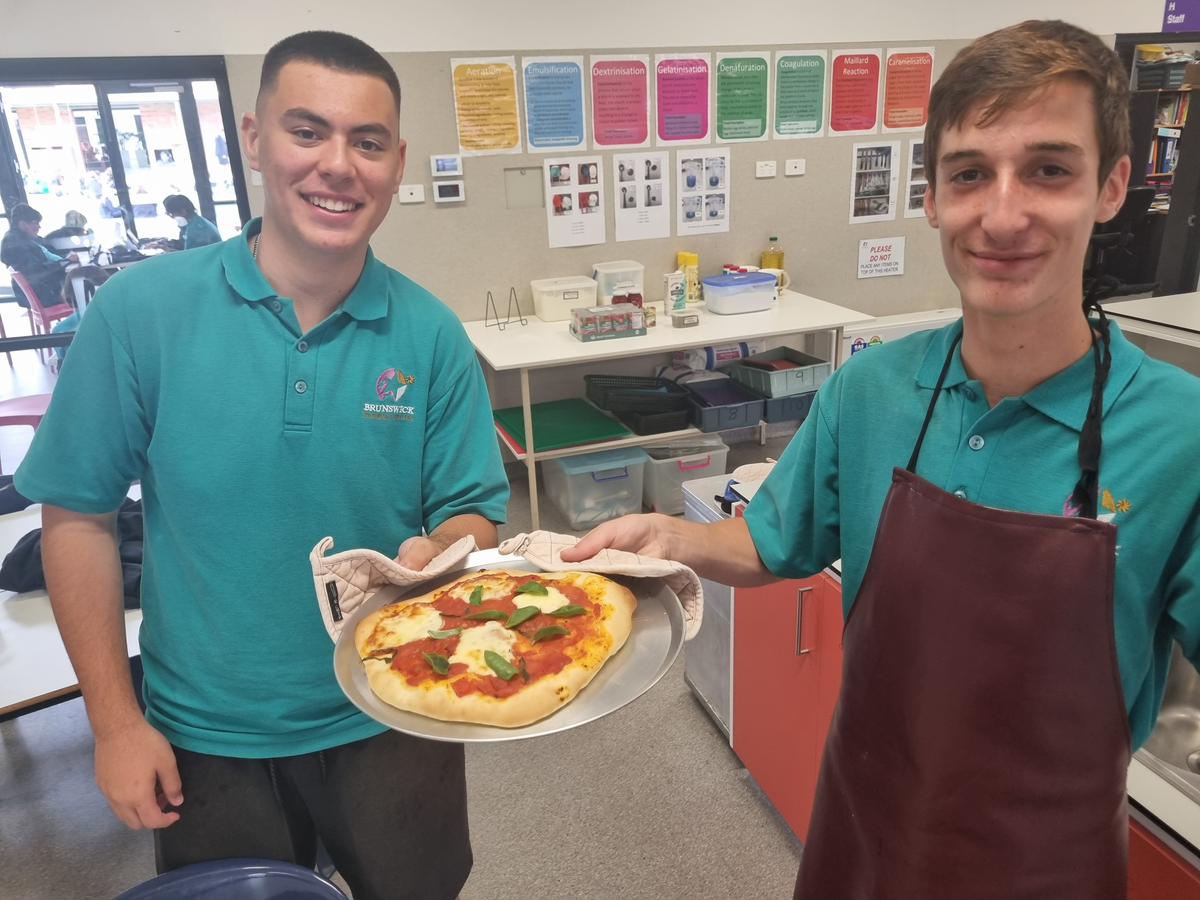Delivering excellence in Food Studies
It is Food for Thought

Delivering excellence in Food Studies
It is Food for Thought


Olivia Cruse
Teacher - Food Studies
The Year 10 Food Studies students are stepping up to the challenge of the curriculum. Many intend to follow this pathway into VCE studies, so it is critical that they are well prepared and gather the foundation skills, knowledge and experience that they need in order to excel through Year 11 & 12 Food Studies. Food Studies is a valuable prerequisite to a range of learning and career pathways - hospitality, advertising, food safety and regulation, nutrition assessment, quality assurance, teaching, and food and health policy.
Food Studies curriculum is designed to teach students not just how to cook, but also the history, origins and vast range of food options, how to limit food wastage, and make students aware of the power that food has over their own personal health and well-being. Along the way, students learn how to be more independent, creative and innovative - and this experience spills into their other studies and social lives to encourage them to take calculated risks and to learn from failure, which actively builds self esteem and confidence in their own ability.
Ensuring that Food Studies practical classes remain consistently relevant, engaging and
challenging relies on the school's ability to offer quality, diverse ingredients and good resources in our kitchens. Long gone are the days of learning how to make toast or delivering a meal of ham steak with cheese and pineapple on top! Our pantry and fridges stock vegetables, meat, fish, fruits, pastas, herbs, spices, pulses, cheeses, grains, sauces, oils and more, and this allows students to experiment with food from many different cultures as well as learn to produce meals that cater to different dietary requirements eg for people with allergies, intolerances or ethical criteria. By exposing our students to unfamiliar foodstuffs and recipes we help them eliminate any 'fears' they may have about trying new foods, as well as add an element of adventure to class to make it more exciting and interesting and to broaden their expectations and experience.
This Learning Area exercises careful budgeting practices. Staff emphasise planning practical classes around seasonal ingredients, buying as cheaply as possible without compromising on quality, and buying locally. Additionally, staff plant, maintain and harvest a range of herbs, vegetable and citrus on site. In the current financial climate, keeping food in the pantry and fridge to support all practical classes is becoming more and more challenging.
Careful budget management and detailed lesson planning results in the Year 10 students participating in approximately 18 practical classes throughout the semester (roughly 19 weeks). As a bonus, they reap the reward of eating the outcomes!


















In addition, our Food Studies kitchen facilities are modern and well resourced, and provide bright, clean and inviting spaces in which to work. Ongoing maintenance, replacements and upgrades to these facilities are also managed within the Food Studies Learning Area budget.
The Year 10 Masterchef Design Assessment Task was completed in Week 6 of this term, and is a great example of how our food studies curriculum can engage student interest and allow students to invest in, and take responsibility for, their learning progress.
The task required that students work independently or in pairs to prepare, cook and plate a meal of their choice. Students were allocated a $6-00 budget (not including their hero ingredient) and had to submit their requirements prior to the task so that staff could 'do the shopping' and stock up to make sure everything that the students needed was on hand for them!
The objective of the task was to produce a food item (sweet or savoury) within a 60-minute timeframe, suitable to their skill level and using the equipment available in the school's kitchen facilities. The resulting dish had to champion a 'hero' ingredient, so students had to think creatively and innovatively to produce a food item that featured this ingredient and exhibited superior sensory properties. Lastly, the dish had to be 'styled' to a high level so that the images were worthy of being shared on the school Instagram account!

















